Goshuin, or temple and shrine stamps, are a unique part of Japanese culture that’s gaining popularity among both locals and foreign visitors. These stamps serve as a memento of your visit to a shrine or temple, but they also carry historical and spiritual significance.
For centuries, Goshuin has been closely tied to Buddhist and Shinto traditions, reflecting Japan’s deep cultural and religious roots. While they are beautiful keepsakes, Goshuin also symbolize the act of paying respect to the gods and Buddha.
If you’re new to this tradition or just curious about its meaning, let’s dive into the origins, differences from Nokyo (sutra dedication), and how to start your own Goshuin collection.
What Are Goshuin?
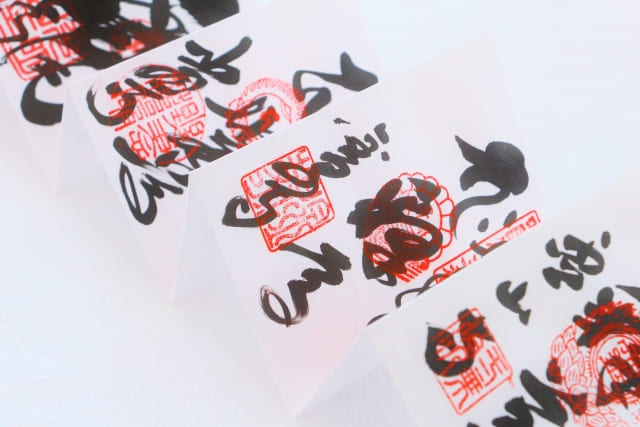
Goshuin (御朱印) are calligraphic stamps that temples and shrines in Japan provide to visitors as proof of their visit. Each Goshuin is written in a beautiful, unique style by temple or shrine staff, typically using ink and vermillion stamps.
These seals are not just artistic; they carry a deeper meaning. Traditionally, receiving a Goshuin represented your act of worship or spiritual dedication. Today, they’re also seen as a way to connect with Japan’s religious heritage.
Are There Different Types of Goshuin?
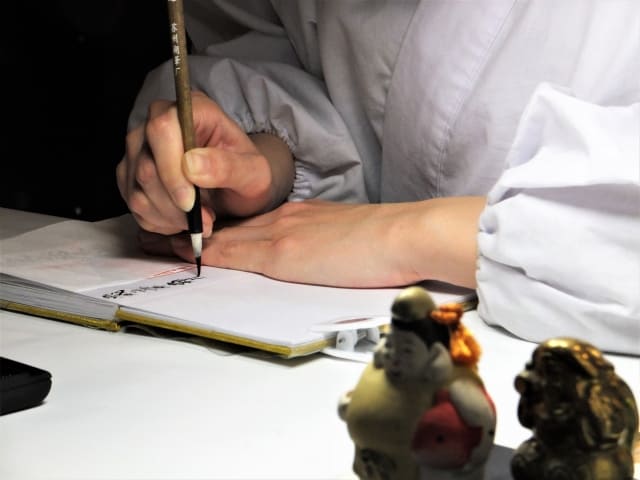
Yes! Some temples and shrines offer multiple types of Goshuin, especially during special events or festivals. For example, limited-edition Goshuin may be available during certain seasons, featuring unique designs or motifs that commemorate a specific occasion.
Whether it’s for a New Year’s blessing or a temple anniversary, these variations add a layer of excitement to collecting Goshuin.
Using Two Wallets: A Practical Tip
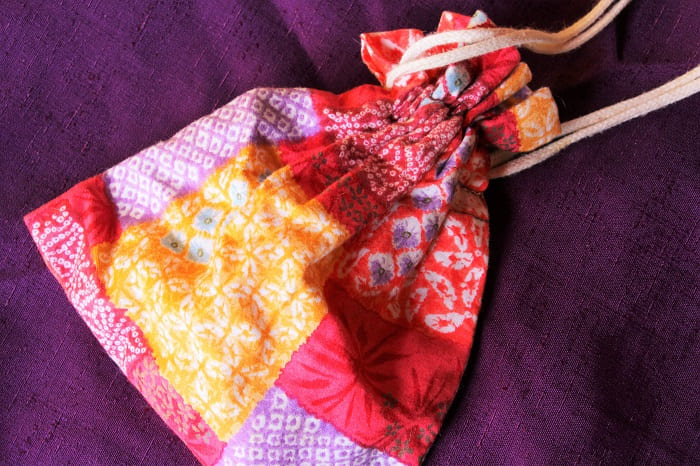
When collecting Goshuin, it’s helpful to carry two wallets—or at least separate compartments. One can be for your Goshuincho (stamp book), and the other for offerings or small fees typically required to receive a Goshuin.
This practice keeps your belongings organized and ensures you’re ready for any temple or shrine visit.
The Difference Between Nokyo and Goshuin
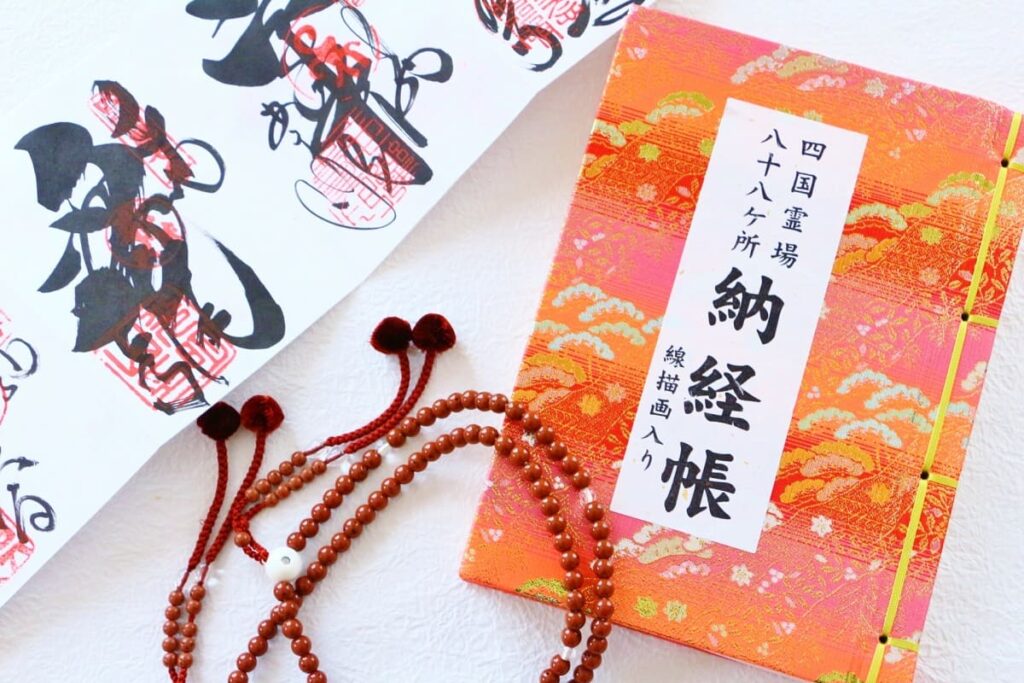
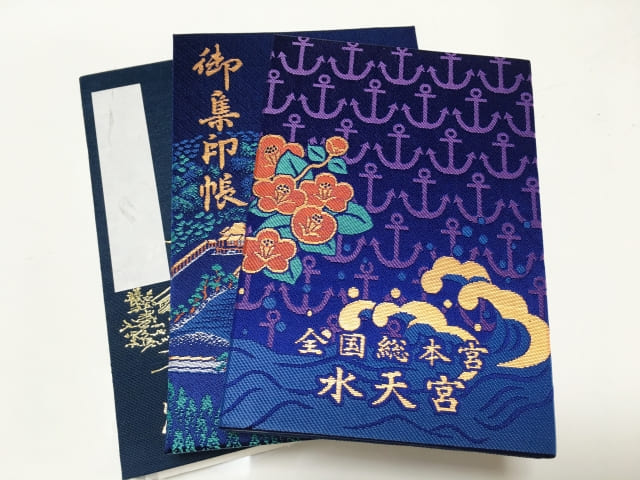
It’s easy to confuse Nokyo (納経) with Goshuin, but they are distinctly different.
Nokyo refers to the act of dedicating a sutra (scripture) to a temple as part of Buddhist practice. Historically, when pilgrims submitted their handwritten sutras to temples, they would receive a Goshuin as a certificate of this offering.

I used to write sutras.
We call the action “Shakyo(写経)”.
On the other hand, modern Goshuin can often be obtained without sutra dedication. They are now a way to commemorate your visit to a temple or shrine.
The book you use also differs. Nokyocho (納経帳) is typically used for sutra dedication, featuring pre-printed temple names and hymns. In contrast, a Goshuincho (御朱印帳) has blank pages, allowing you to collect stamps from a variety of temples and shrines in one place.
Understanding these differences can enhance your appreciation of both practices and help you make the most of your spiritual or cultural journey in Japan.
How to Start Collecting Goshuin
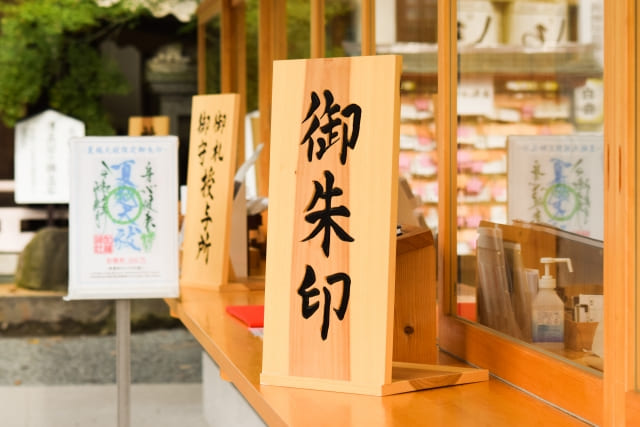
If you’re eager to begin your Goshuin journey, here are the steps:
- Buy a Goshuincho: These are available at many temples, shrines, and even souvenir shops in Japan. Choose one with a design you like, as this will accompany you on your visits.
- Visit Temples or Shrines: After worshiping, ask for a Goshuin by saying, “Goshuin onegaishimasu” (御朱印お願いします).
- Pay a Small Fee: The fee usually ranges from ¥300 to ¥500 per stamp.
Remember, Goshuin is not just about collecting—it’s a way to show respect for Japanese spiritual traditions.

Let’s collect Goshuin!!
Goshuincho you can get online
A lot of people buy Goshuincho at temples or shrines, but you can buy one online, too.
At an online store “Rakuten Ichiba”, there are so many wonderful goshuincho.
This store has Global Express service and you can enjoy shopping anywhere!

Wow! These are great! I will start my collection too!
Goshuin Q&A
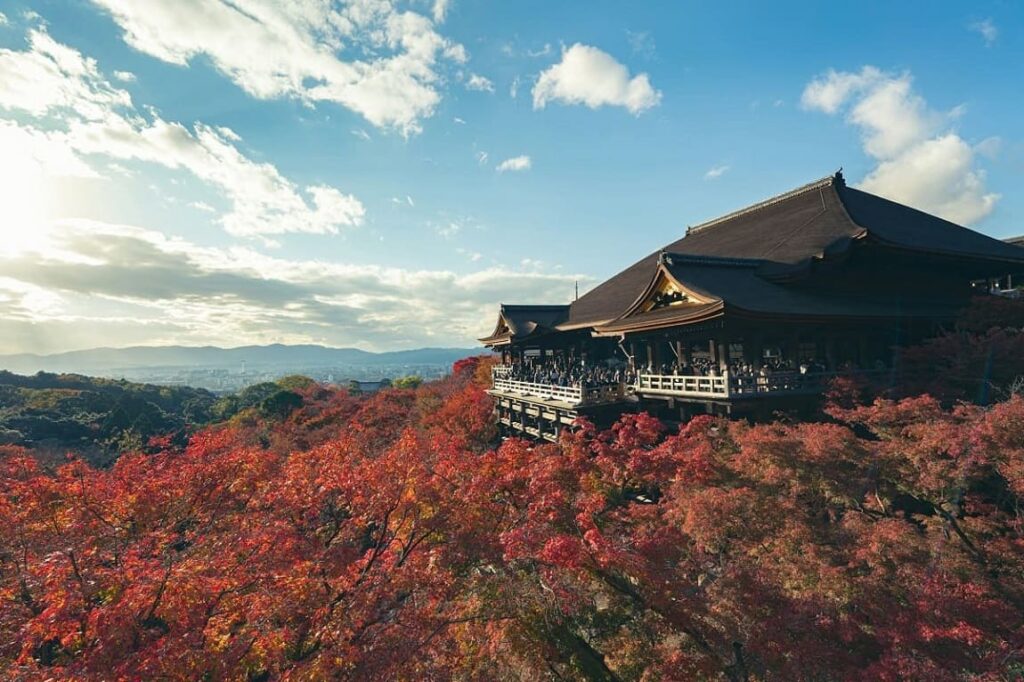
- QWhere can I get a Goshuin?
- A
You can receive Goshuin at most temples and shrines in Japan. Look for signs or ask the staff at the reception area. Popular sites like Kyoto’s Kiyomizu-dera or Tokyo’s Meiji Shrine also offer beautiful Goshuin.
Conclusion
Collecting Goshuin is more than just a hobby—it’s a journey through Japan’s rich spiritual and cultural landscape. Whether you’re exploring famous temples or hidden shrines, each stamp tells a story of connection and respect.
So why not start your Goshuin adventure on your next visit to Japan? It’s a meaningful way to create lasting memories and immerse yourself in the country’s traditions.

If you are interested in Japanese culture, you may love these games!
Let’s play!

Yes! Let’s play!

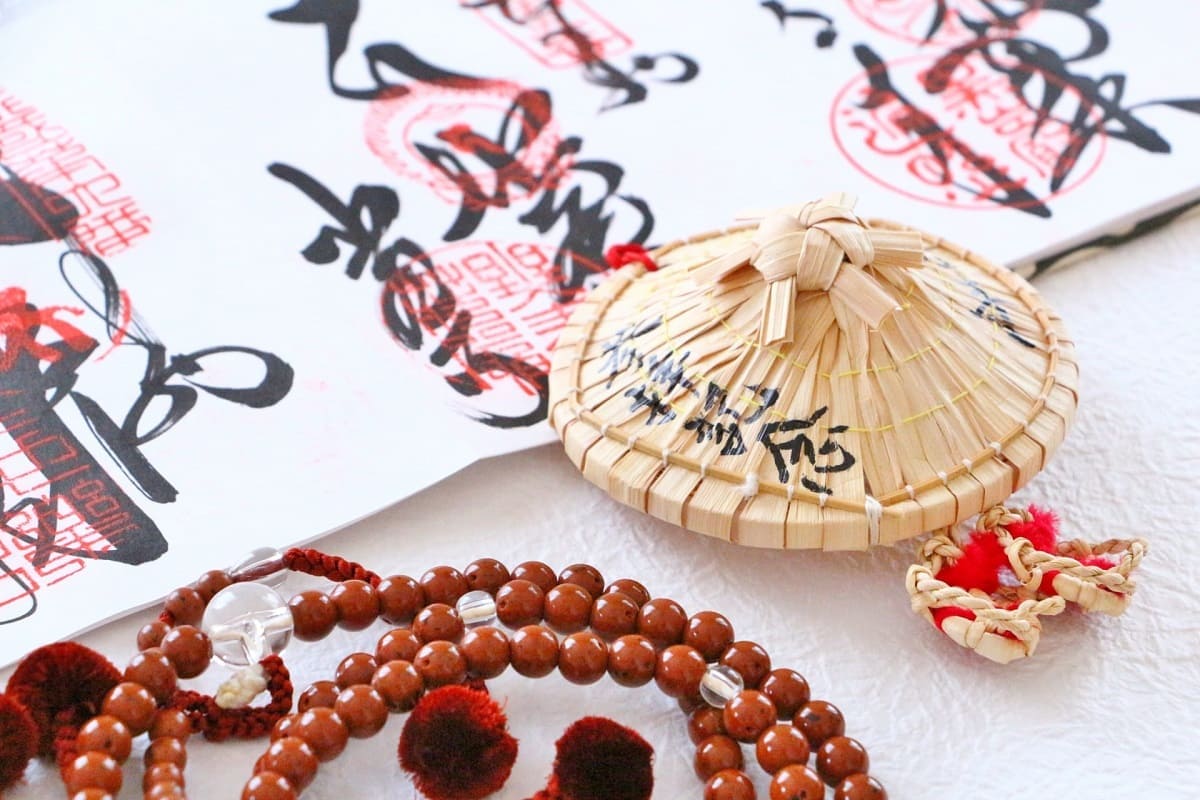
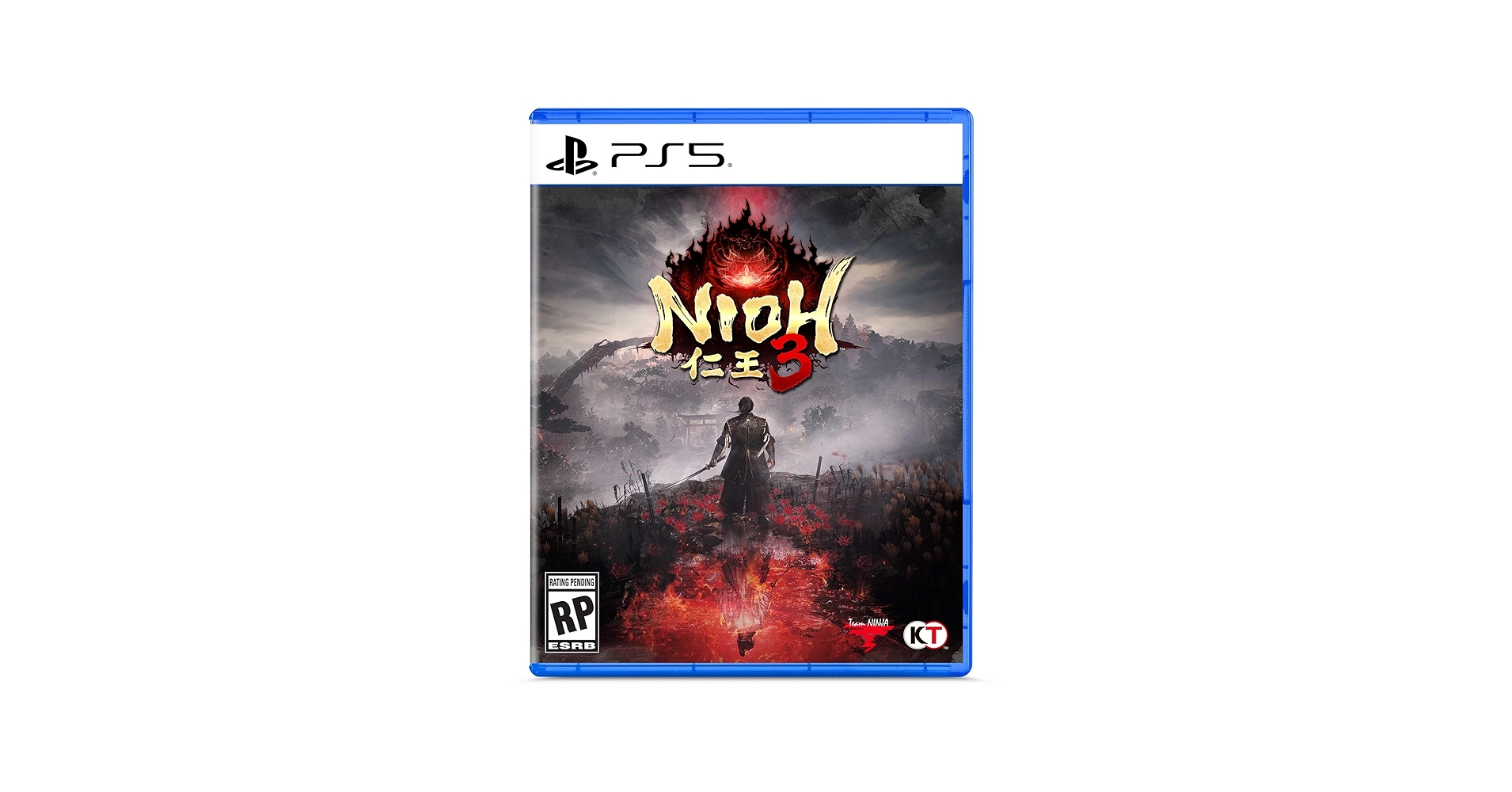
![[商品価格に関しましては、リンクが作成された時点と現時点で情報が変更されている場合がございます。] [商品価格に関しましては、リンクが作成された時点と現時点で情報が変更されている場合がございます。]](https://hbb.afl.rakuten.co.jp/hgb/185304b7.fd8727d7.185304b8.df842e18/?me_id=1270375&item_id=10000073&pc=https%3A%2F%2Fthumbnail.image.rakuten.co.jp%2F%400_mall%2Fhotokudo%2Fcabinet%2Fnokyotyo%2Fsyuinntyo3%2Fapd004-3.jpg%3F_ex%3D240x240&s=240x240&t=picttext)

![[商品価格に関しましては、リンクが作成された時点と現時点で情報が変更されている場合がございます。] [商品価格に関しましては、リンクが作成された時点と現時点で情報が変更されている場合がございます。]](https://hbb.afl.rakuten.co.jp/hgb/43b662a0.ea3ef4ac.43b662a1.9192ed8b/?me_id=1411054&item_id=10000003&pc=https%3A%2F%2Fthumbnail.image.rakuten.co.jp%2F%400_mall%2Fusagido2020%2Fcabinet%2F09052142%2F1.jpg%3F_ex%3D240x240&s=240x240&t=picttext)
![[商品価格に関しましては、リンクが作成された時点と現時点で情報が変更されている場合がございます。] [商品価格に関しましては、リンクが作成された時点と現時点で情報が変更されている場合がございます。]](https://hbb.afl.rakuten.co.jp/hgb/43b6643a.09d290c9.43b6643b.041d7d88/?me_id=1218705&item_id=10000428&pc=https%3A%2F%2Fthumbnail.image.rakuten.co.jp%2F%400_mall%2Fasukakobo%2Fcabinet%2Fjapan%2Fgosyuasanoha23.jpg%3F_ex%3D240x240&s=240x240&t=picttext)
![[商品価格に関しましては、リンクが作成された時点と現時点で情報が変更されている場合がございます。] [商品価格に関しましては、リンクが作成された時点と現時点で情報が変更されている場合がございます。]](https://hbb.afl.rakuten.co.jp/hgb/185304b7.fd8727d7.185304b8.df842e18/?me_id=1270375&item_id=10000222&pc=https%3A%2F%2Fthumbnail.image.rakuten.co.jp%2F%400_mall%2Fhotokudo%2Fcabinet%2Fnokyotyo%2Fsyuintyo2%2Fapd029.jpg%3F_ex%3D240x240&s=240x240&t=picttext)
![[商品価格に関しましては、リンクが作成された時点と現時点で情報が変更されている場合がございます。] [商品価格に関しましては、リンクが作成された時点と現時点で情報が変更されている場合がございます。]](https://hbb.afl.rakuten.co.jp/hgb/185304b7.fd8727d7.185304b8.df842e18/?me_id=1270375&item_id=10000286&pc=https%3A%2F%2Fthumbnail.image.rakuten.co.jp%2F%400_mall%2Fhotokudo%2Fcabinet%2Fnokyotyo%2Fsyuinntyo3%2Fapd050.jpg%3F_ex%3D240x240&s=240x240&t=picttext)


Comments